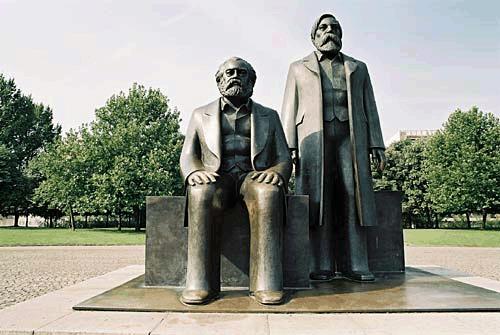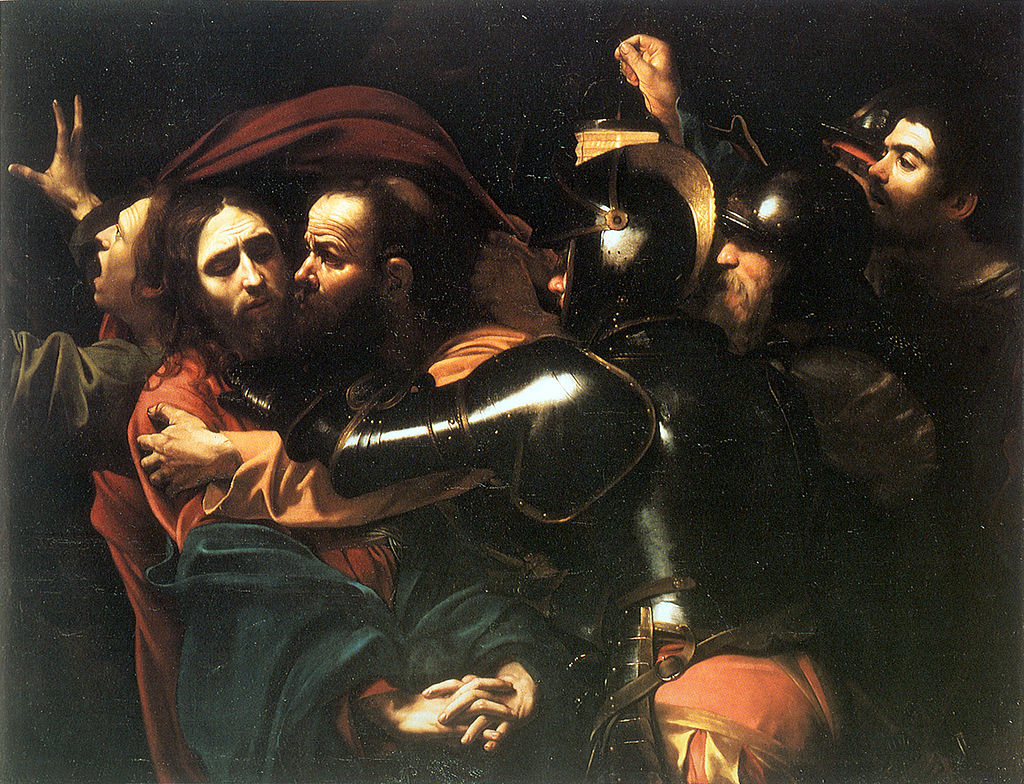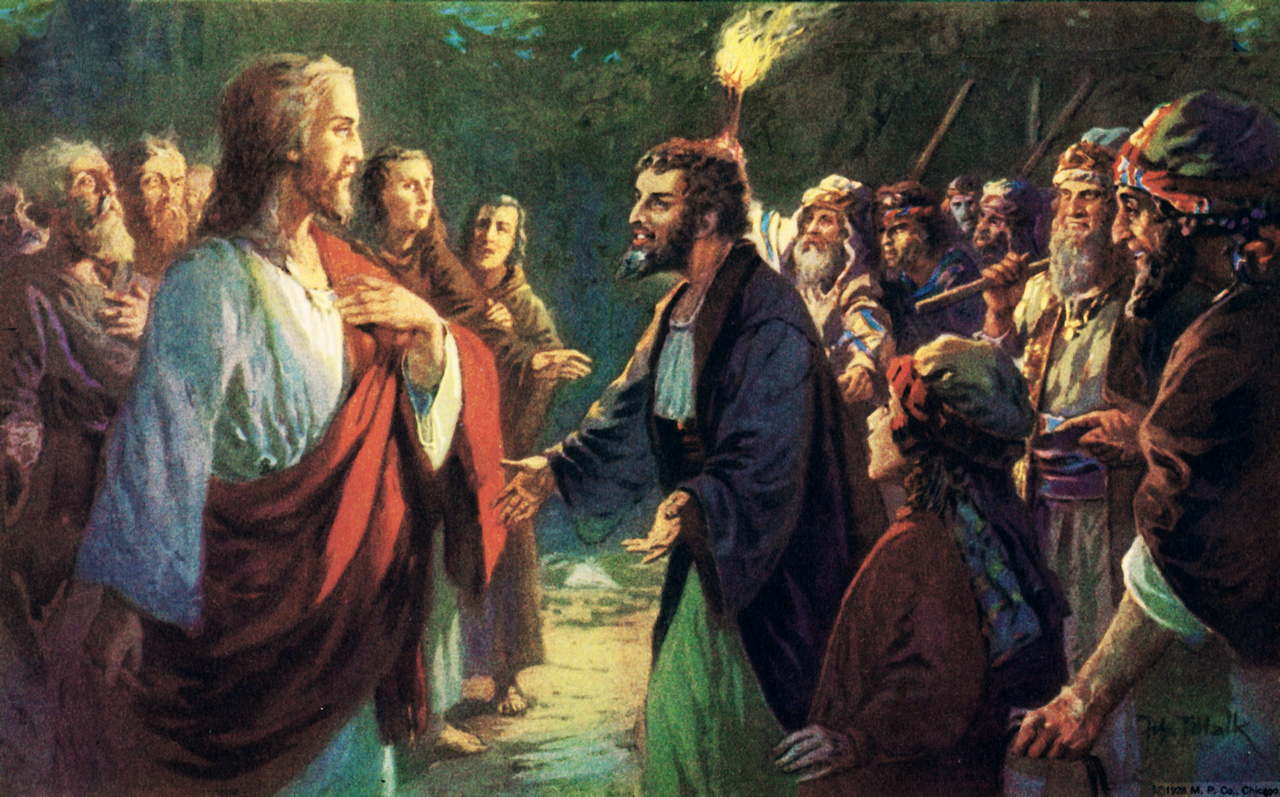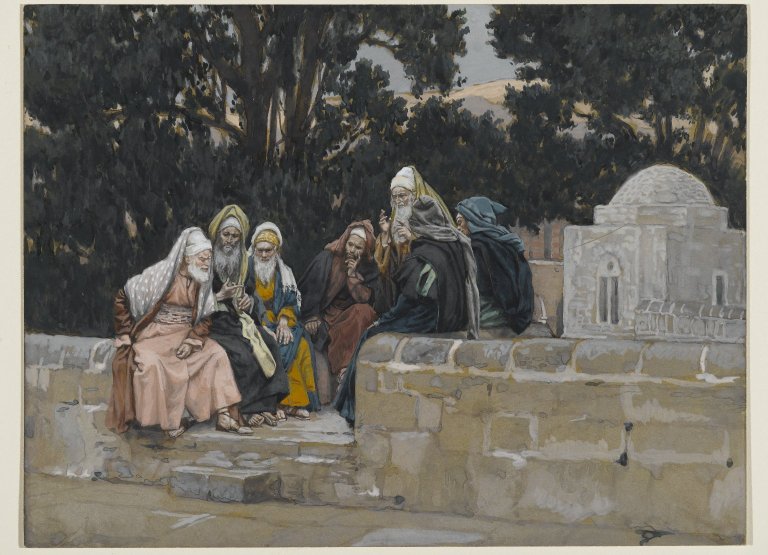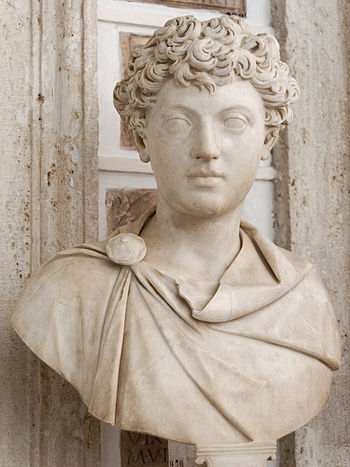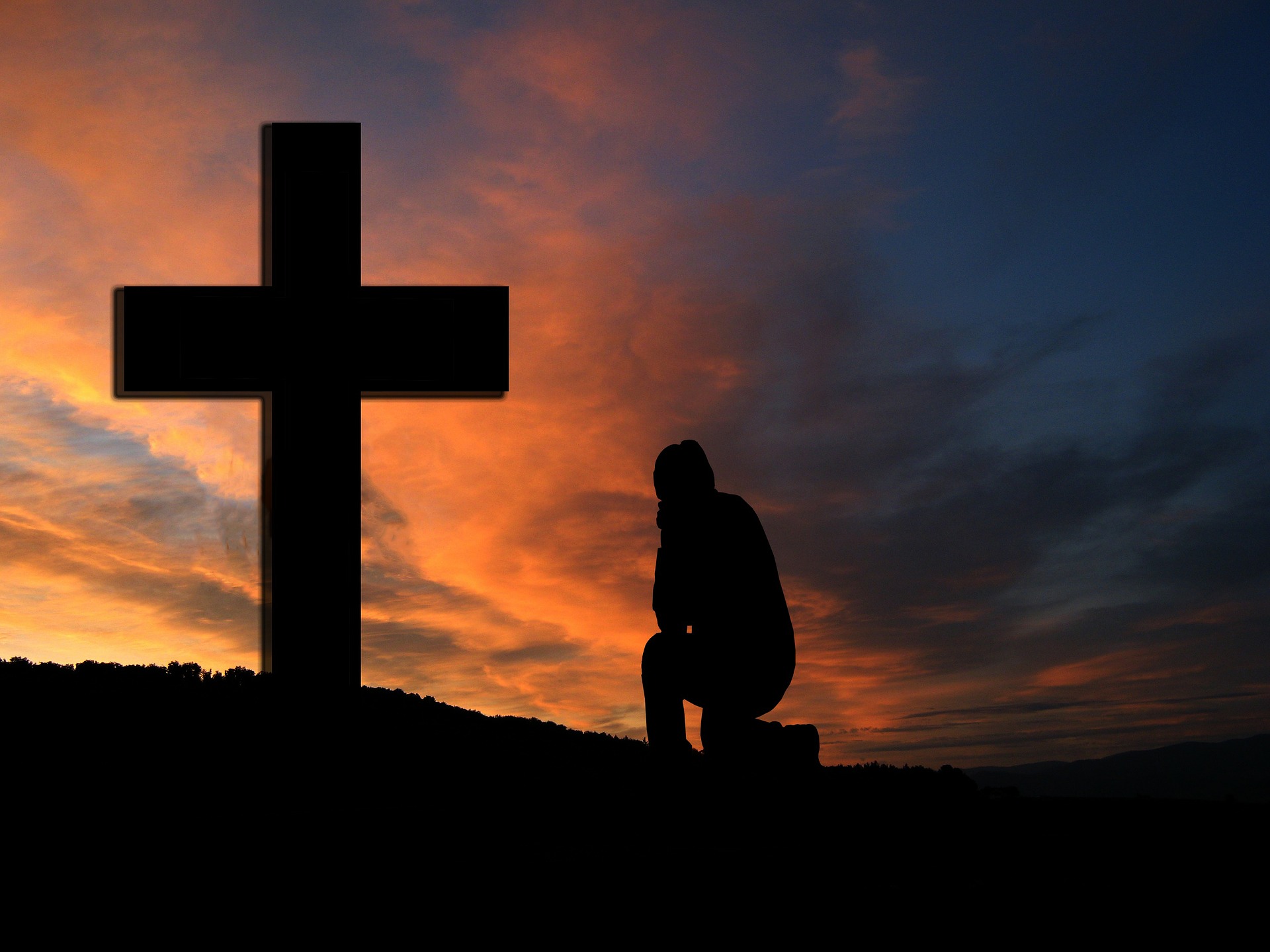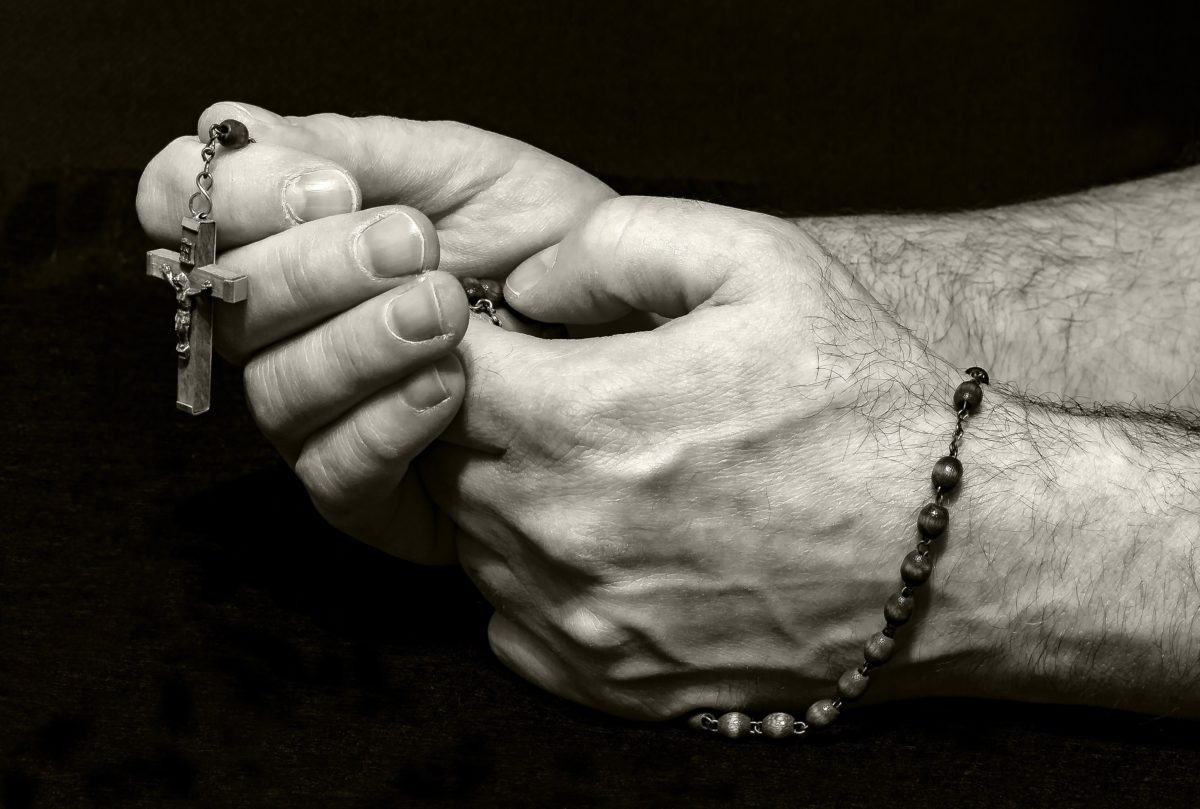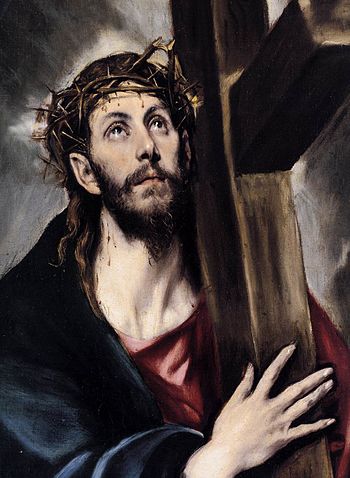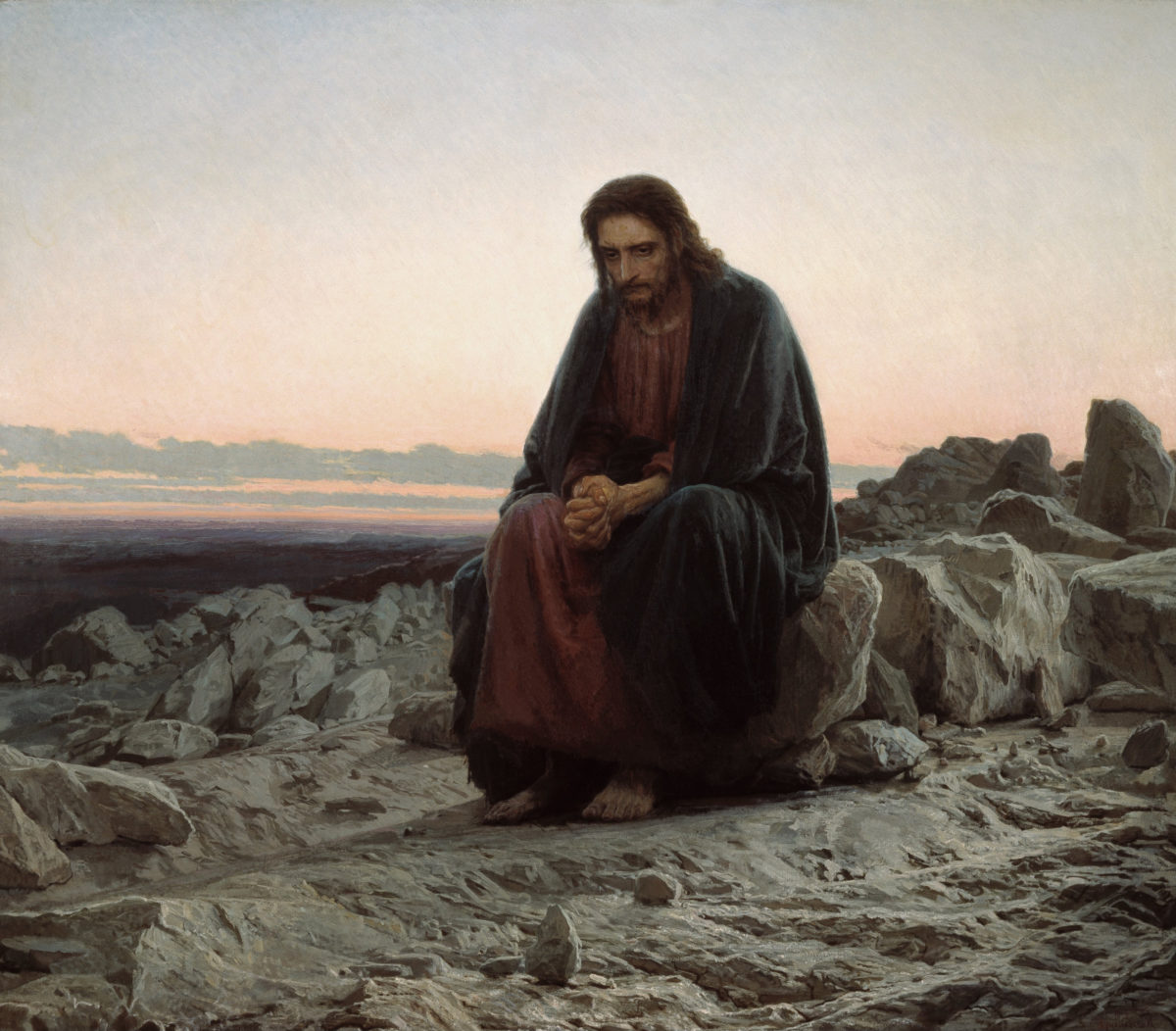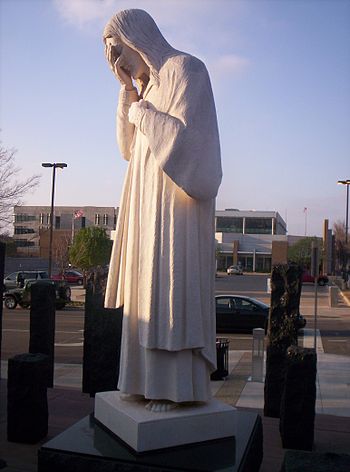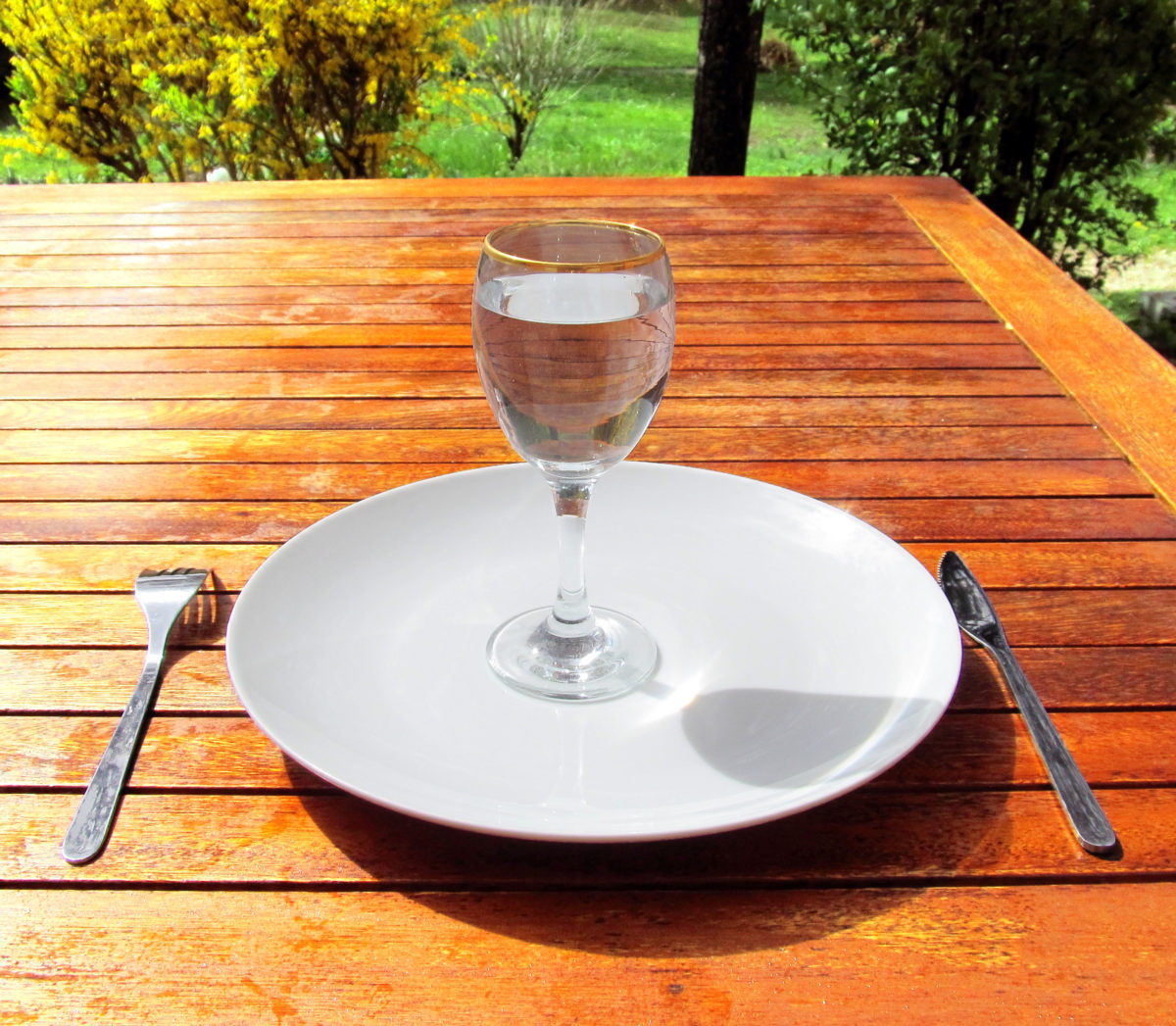The Rosary is a prayer that requires an above-average level of patience. It’s long, repetitive, and doesn’t have a narrative like reading Bible passages. Admit it, you’ve zoned out more than a few times praying the Rosary haven’t you? I know I certainly have. The motivation for the RosaryMeds website and my books is to make the Rosary a more engaging and less monotonous prayer. But when it comes down to it, you just have to work up the motivation and put effort into praying it effectively. No amount of websites, books, and videos can substitute for the will to pray the Rosary and the patience to allow it to transform you.
In this post, I want to focus on the value of patience and how it relates to the Rosary. There are two ways the Rosary helps us grow in patience. First, there are many Rosary mysteries that teach patience as a core value. When you meditate on these mysteries, ask Mary to help you grow in patience.
- First Joyful Mystery: Saint Joseph‘s patience with God’s plan for his wife, our mother, Mary. Imagine learning that God has a completely different life prepared for you that will be much more difficult and confusing. It takes a lot of patience to accept God’s Will when it conflicts with your desires or expectations.
- Fourth Joyful Mystery: Saint Simeon‘s patience with God’s promise that he would one day see the Chosen One. He did, but only at the end of his life. Talk about needing patience for God’s plan to come to fruition.
- Second and Fifth Sorrowful Mysteries: Jesus enduring the scourging and insults during His Passion and Crucifixion. He kept silent while soldiers beat Him and the authorities interrogated Him because He knew it had to be done to bring about our redemption and salvation. He was patient onto death because it was God’s Will.

The second way the Rosary helps us grow in patience is the act of praying the Rosary itself. It’s not an easy prayer and takes time and energy to pray correctly. But that focus and perseverance you practice in Rosary prayer translate into increased focus and perseverance in other aspects of your life. It is practice for dealing with annoying coworkers, parents, or uncooperative children (parents, you know what I’m talking about right?).
But what’s so important about patience? Patience is often referred to as a virtue. But why? In other words, what’s so bad about impatience? Why is it bad if you have a low tolerance for people making mistakes or not giving everything their 100% best effort? This Catholic Exchange article frames patience as a reflection of our relationship with Jesus:
Simply by reminding ourselves that we’re being patient not primarily for the sake of the person who is irritating us, but as an expression of our love for Jesus. Following Him often means putting up with people, events, and situations we’d prefer to avoid entirely. This effort is very valuable, for, as St. Katherine Drexel noted, “The patient endurance of the Cross — whatever nature it may be — is the highest work we have to do.”
Patience is tied to humility. What is impatience but a lack of humility for God’s plan and our desire to change our circumstances immediately? Patience is admitting that we cannot change everything to suit our desires but instead we must let God’s plan for us and others play out. Patience means telling God, “I may not like this situation but I will put forth the effort to endure it because it is Your Will.” Patience is an admission that our lives and circumstances are in God’s hands. Instead of wishing that they be different, it is our opportunity to respond to our circumstances as Jesus taught us.
The next time you feel like putting down the Rosary because you feel like you aren’t getting anything out of it, take a small pause and tell Mary you will be patient with Her and her gift and then continue praying the Rosary. She promises miraculous things through the Rosary which we often lose sight of in our impatience of repeating Hail Marys and Our Fathers. Don’t let impatience prevent you from obtaining all that God desires for you.









